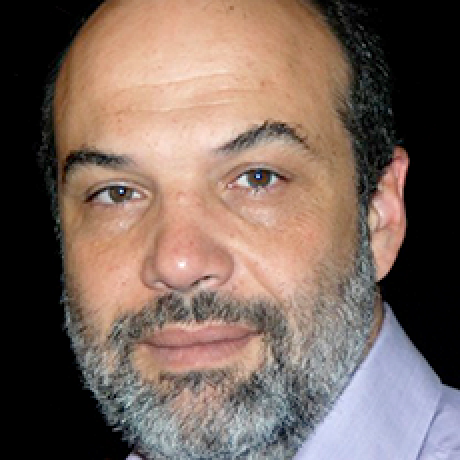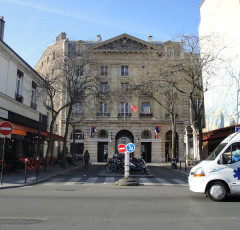
Saint-Antoine Hospital - Kourilsky Building – 1st and 8th floor
184, rue du Faubourg Saint-Antoine - 75012 Paris - France
The primary objective of our team is to establish a continuum between basic, preclinical, translational, and clinical research by promoting interactions between the clinical and biological departments of the Saint-Antoine, Tenon, and La Pitié-Salpêtrière hospitals.
We focus on the following areas of research:
1. Tumor cell plasticity, in particular epithelial-mesenchymal transition (EMT) and stem cell phenotypes. Relationships between invasion, chemoresistance, and immune cell recruitment. Role of PTX3, PTEN.
2. The vascular tumor environment. Relationship between cancer and thrombosis. Vascular mimicry and circulating tumor cells.
3. Involvement of the microenvironment, especially adipose tissue in carcinogenesis
4. Development of new drugs or combination of drugs. Identification of prognostic or predictive biomarkers.
Our basic research projects focus on understanding the mechanisms of tumor invasion and metastasis, especially epithelial-mesenchymal transition (EMT), angiogenesis, and vascular mimicry. We explore the relationship between tumor cell plasticity and tumor microenvironment. We are particularly interested in the protein CD36, the Snail family, and angiogenic signaling.
The role of the alarmin family of proteins, more specifically HMGB1, in the response of the tumor cell to anti-cancer agents and in the reactivation of the immune system is one of our lines of research.
Our translational research projects relate to the development of new anti-cancer agents or new combinations of anti-cancer agents and the identification of associated biomarkers. This includes molecules targeting DNA and signaling pathways. We particularly want to identify survival pathways activated in response to therapeutic stress.
Scientific highlights
Team members participate as coordinators of national and international networks and in international program committees, thus reinforcing the impact and visibility of our work.
There were numerous invited oral presentations at MIT (USA), Stanford Medical School (USA), the University of Oxford (UK), CHUV (Switzerland), and Singapore.
Team members have been asked to give courses in several South American countries, China, and throughout Europe.
Our work has been featured on the covers of journals (Proc.Natl.Acad.Sci, Clinical Cancer Res.), patents, and an international phase III clinical trial in colorectal cancers treated with the combination of bevacizumab and Erlotinib.
INSERM
Kourilsky Building
34 rue Crozatier - 75012 Paris
France
Sorbonne Université Medicine
Saint-Antoine Site
27 rue Chaligny - 75012 Paris
France
